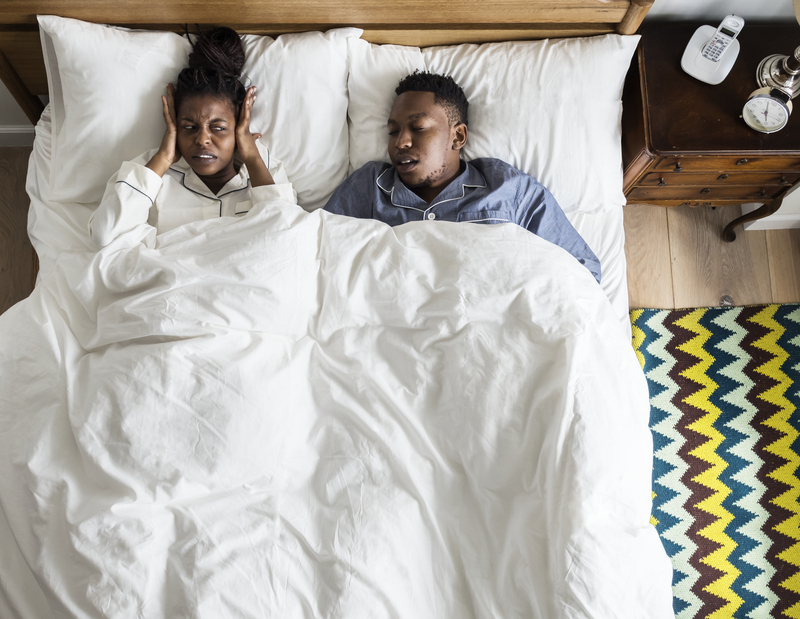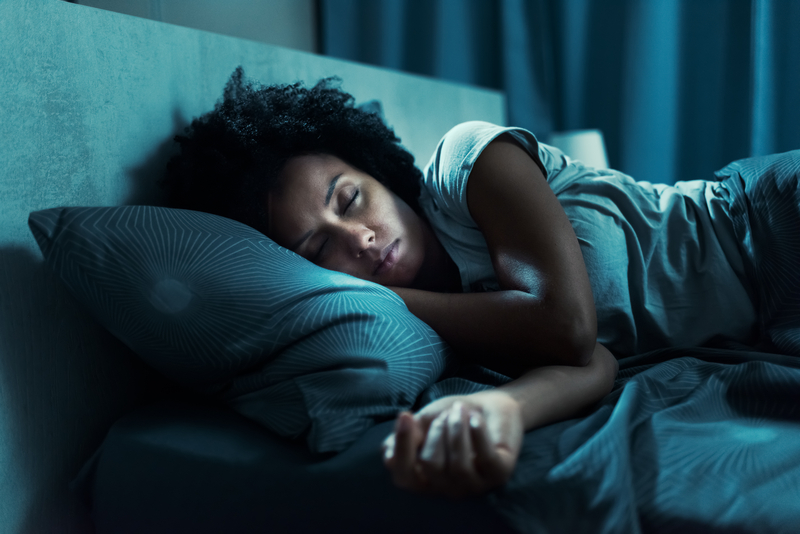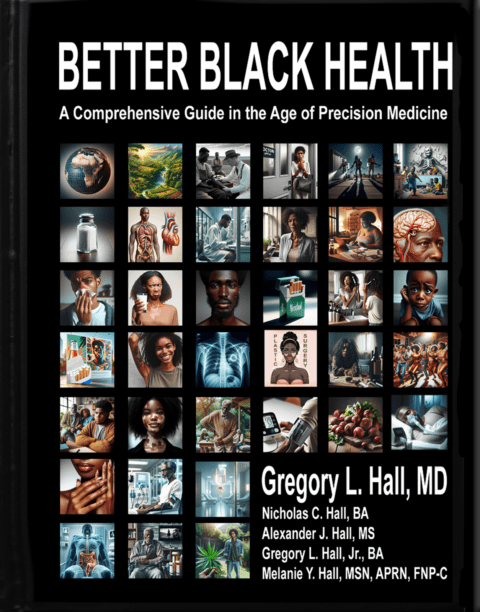There is definitely a science to sleep and why sounds can both improve or interrupt a good night’s sleep. The internet is filled with people who report greatly improved sleep with sound producing devices, long-playing internet videos, and other media. The sound of ocean waves, constant rain, or even a partners’ breathing has been reported to promote a more restful sleep. Curiously, when sleep experts at the University of Pennsylvania Perelman School of Medicine recently pulled together research in the field, they found “the quality of evidence for continuous noise improving sleep was very low.” Their disclaimer added that more research is needed in higher numbers to either fully discredit or completely support the use of “noise” as a clinically beneficial sleep aid.
What are the potential benefits?
There are components of sleep that improve or detract from its quality. By minimizing the onset, and the interruptions in sleep, it is presumed that the duration of the restorative components (REM sleep and non-REM) will improve. Deep sleep, which is the most restorative and a component of non-REM sleep, shortens with age and its reduction has been liked to poor health including obesity, diabetes, hypertension, heart disease, and more. By improving overall sleep duration by reducing interruptions and decreasing the time it takes to go to sleep, it is hoped that a better quality of life ensues.
What type of noise is best to listen to on a sound machine? White noise, pink noise, or any other types.
There is a science behind the various noises and why they may help sleep. White noise is a balanced frequency of sounds that has a higher overall pitch. Because higher pitched sounds are more easily heard by the human ear, a balance of sounds with give an overall higher pitch. Pink noise is proportionately decreased as the pitches increase in an effort to better “balance” what is actually heard. Pink noise therefore has a lower, and some say, more soothing, tone. To takes this concept even further (and more soothing), Brown noise (Brownian noise) decreased the frequency even lower than pink noise. There is no scientifically reported evidence that one noise is better than the others . . . just personal preference.
How does the experience of listening to a sound machine differ from sleeping in silence?
The difference between silence and consistent invariable noise is not as great as some would think. The issues with sleeping in silence is the potential interruptions by sound. The “noises” I have described work to potentially drown out the sound variabilities in life. True silence has no interruptions and is consistent. These various noises work to make urban (or even rural) existence less variable in sound and thus more conducive to uninterrupted sleep.









